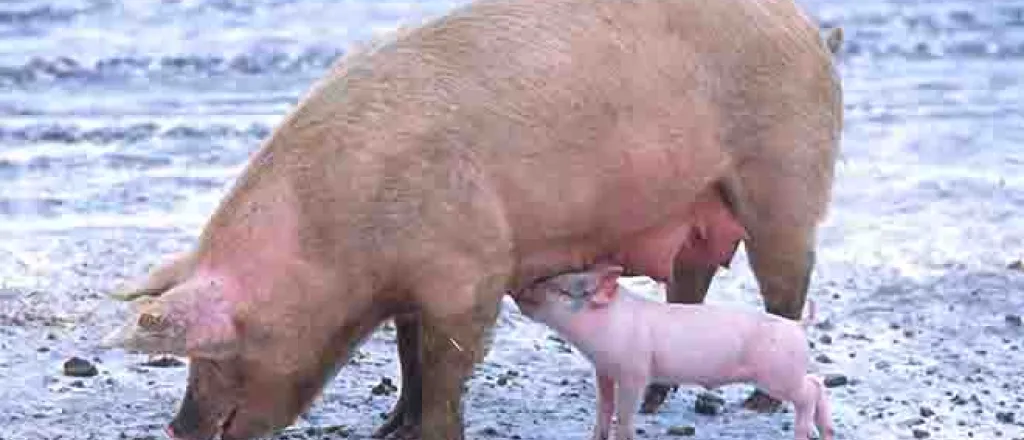
Rights group calls for review of meatpacking plants
Click play to listen to this article.
(Iowa News Service) A U.S. Department of Labor investigation this spring found the number of minors employed in livestock slaughterhouses nearly quadrupled between 2015 and 2022.
An animal rights group said the conditions in the plants are dangerous for workers and inhumane for the animals killed there. Iowa slaughters more pigs than any other state.

Sean Thomas, international director of investigations for the group Animal Equality, said there have been cutbacks in the number of inspectors at pork processing plants, where more than 1,000 hogs are slaughtered in an hour, meaning workers are at greater risk and the hogs face inhumane conditions.
"To think that even one inspector could verify the safety and the health of the product that was produced, and also the humane treatment of any animal entering a slaughterhouse, is kind of ridiculous," Thomas contended.
Livestock producers said they are constantly looking for more environmentally friendly ways to keep up with consumer demand. They offer as evidence federally funded programs they use to reduce the effects of large livestock operations.
Thomas argued increased consumer demand and the commercialization of livestock production means producers are moving the industry in the wrong direction.
"We're heading not towards a system that would improve the welfare of animals, but we are heading towards a system that will completely disregard it," Thomas asserted.
Processing facilities reportedly have an effect on their communities, too. A University of Michigan study found a correlation between domestic and sexual violence in places that are home to meatpacking facilities, a link which does not exist in manufacturing sectors not involved in killing animals.
This story is based on original reporting by Julieta Cardenas at Sentient.

















